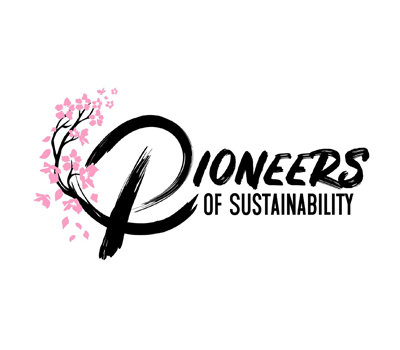A few years ago, I met a steward of the land, an organic farmer. And his farm was kept different than any I had ever seen. “The answer is in the soil,” he explained, as we walked through rows of what appeared to be weeds. I was intrigued because this was some of the highest quality produce I had ever encountered, yet the system was totally unfamiliar. The system focused on growing soil rather than growing plants. His approach was that the soil was a living, dynamic environment, with its own symbiotic life. I remember him saying, “If you grow soil, the healthy bi-product is the fruit.” This approach changed the way I thought about soil and its care.
Healthy soil maintains dense populations of microorganisms such as, but not limited to, bacteria, fungi and nematodes. Microorganisms play an integral role within the soil ecosystem, by decomposing matter, regulating and balancing pH, and making essential nutrients available for plants. In essence, these microorganisms are the soul of the soil. Unfortunately, the common practice of using synthetic fertilizers to feed our plants has a detrimental effect on the life in the soil. Many of the synthetic compounds used destroy said microorganisms, thus rendering the soil sterile. Plants begin to show effects of depleted soils through leaf yellowing, root rotting, lack of growth, and plant demise. If you are dealing with plants that look sickly, you can reestablish these populations back into the soil by inoculation with mycorrhizae or the application of compost. Organic matter combined with loose, well-drained soil will allow the beneficial microorganisms to breath and propagate, making favorable conditions for plant life, and reigniting the soul of the soil.
by Henry Soto, DLI Account Manager
































